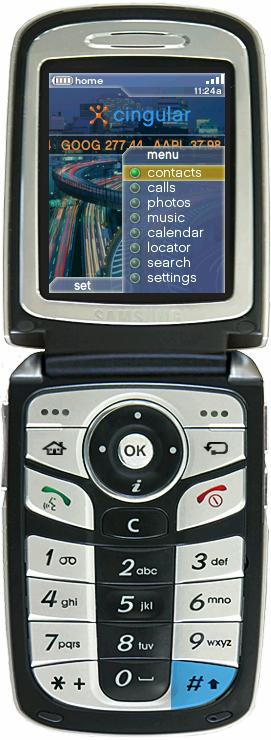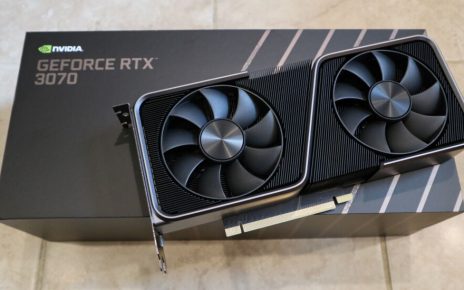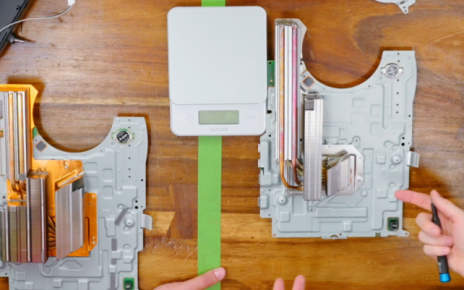
Androids: The team that built the Android operating system is a new book from longtime Android engineer Chet Haase. Haase has been on the Android team since 2010, and he interviewed dozens of Googlers for this book, which offers a behind-the-scenes look at early Android development. With Haase’s permission, we’re giving readers a look at chapters four and five of the book, “The Pitch,” and “The Acquisition.” That portion covers the independent Android Inc.’s search for venture capital and the team’s eventual meeting with Google. The book is out this weekend in eBook and paperback (Amazon, Google Play), and Haase is donating proceeds to Black Girls Code and Women Who Code.
By mid-2005, Android was acquired and the future looked bright. But just six months earlier, things weren’t quite as rosy. In January of that year, the startup was desperate for cash and their main task was the same as for most startups: getting funding. After the pivot from a camera OS to an open source phone platform, they still had the daunting task of actually building a product, which meant they’d need more money to hire a large enough team to do the work.

The original demo, written by Brian Swetland and Chris White and later enhanced by Fadden, showing a home screen and several apps (most of which were not implemented). It’s a far cry from a modern Android home screen. (credit: Chet Haase)
So the company focused on three things. First, they needed a demo to show what was possible. Next, they needed to articulate their vision and create a pitch deck to help explain that vision. Finally, they needed to take the demo and the slide deck on the road to pitch their story to potential investors.





